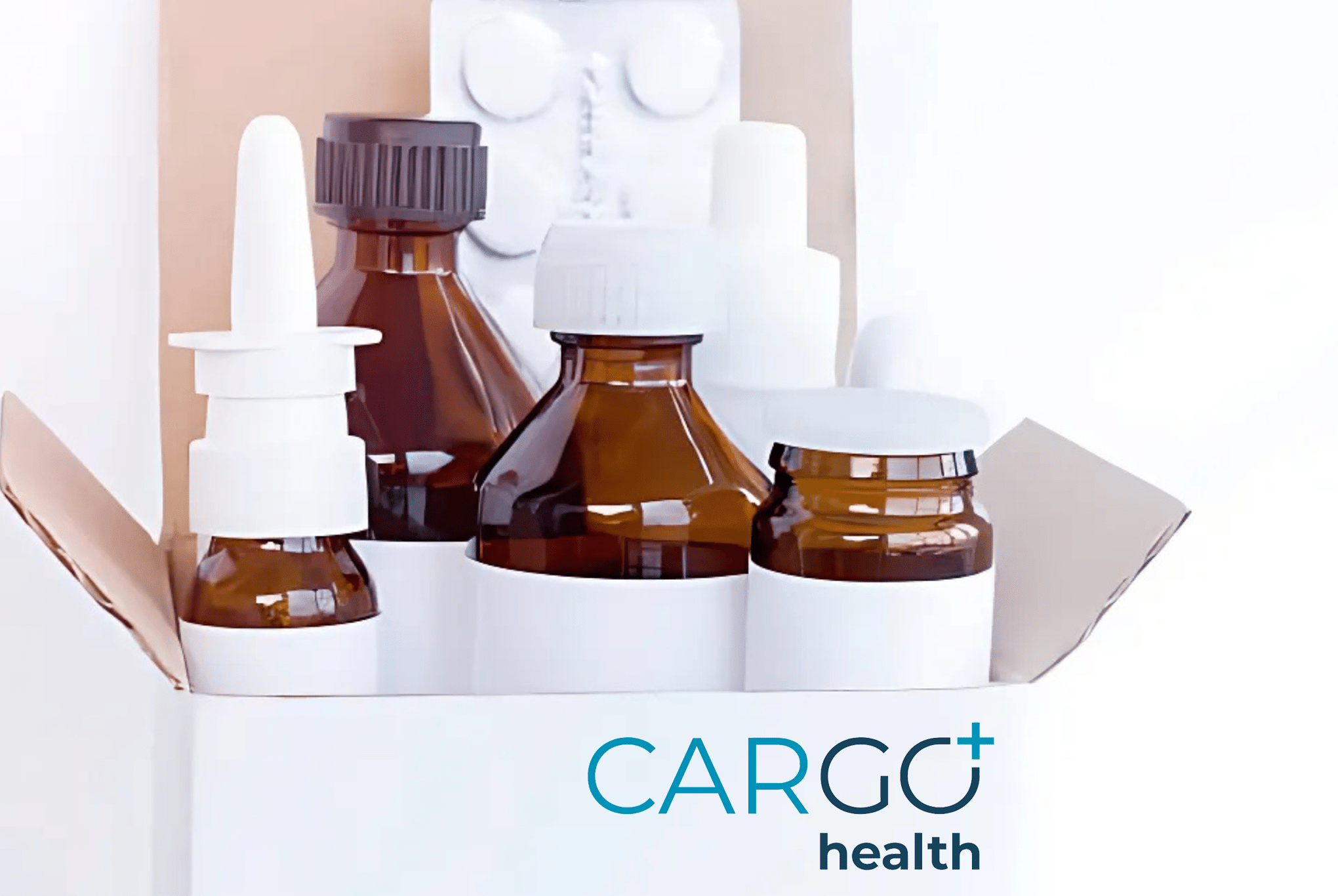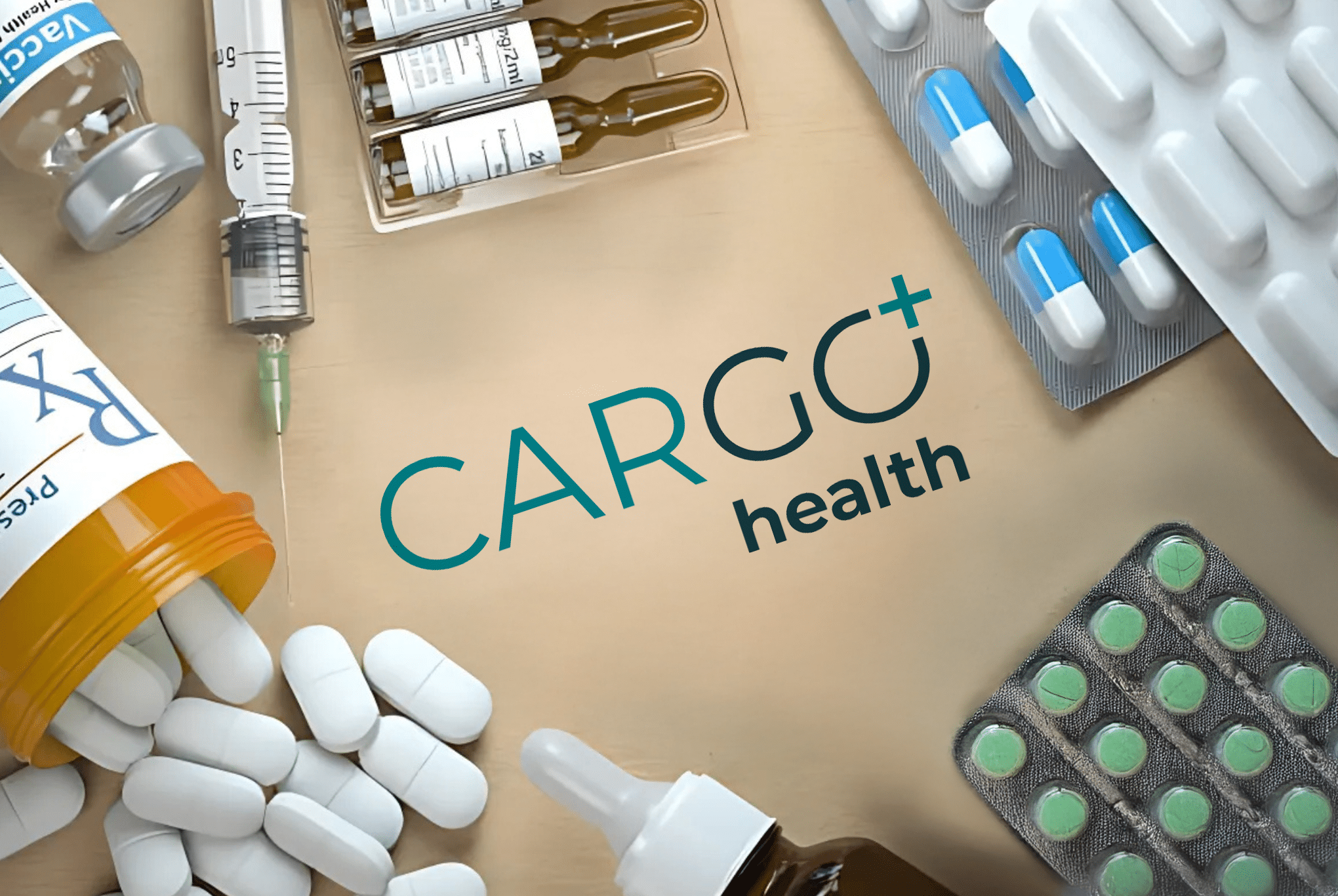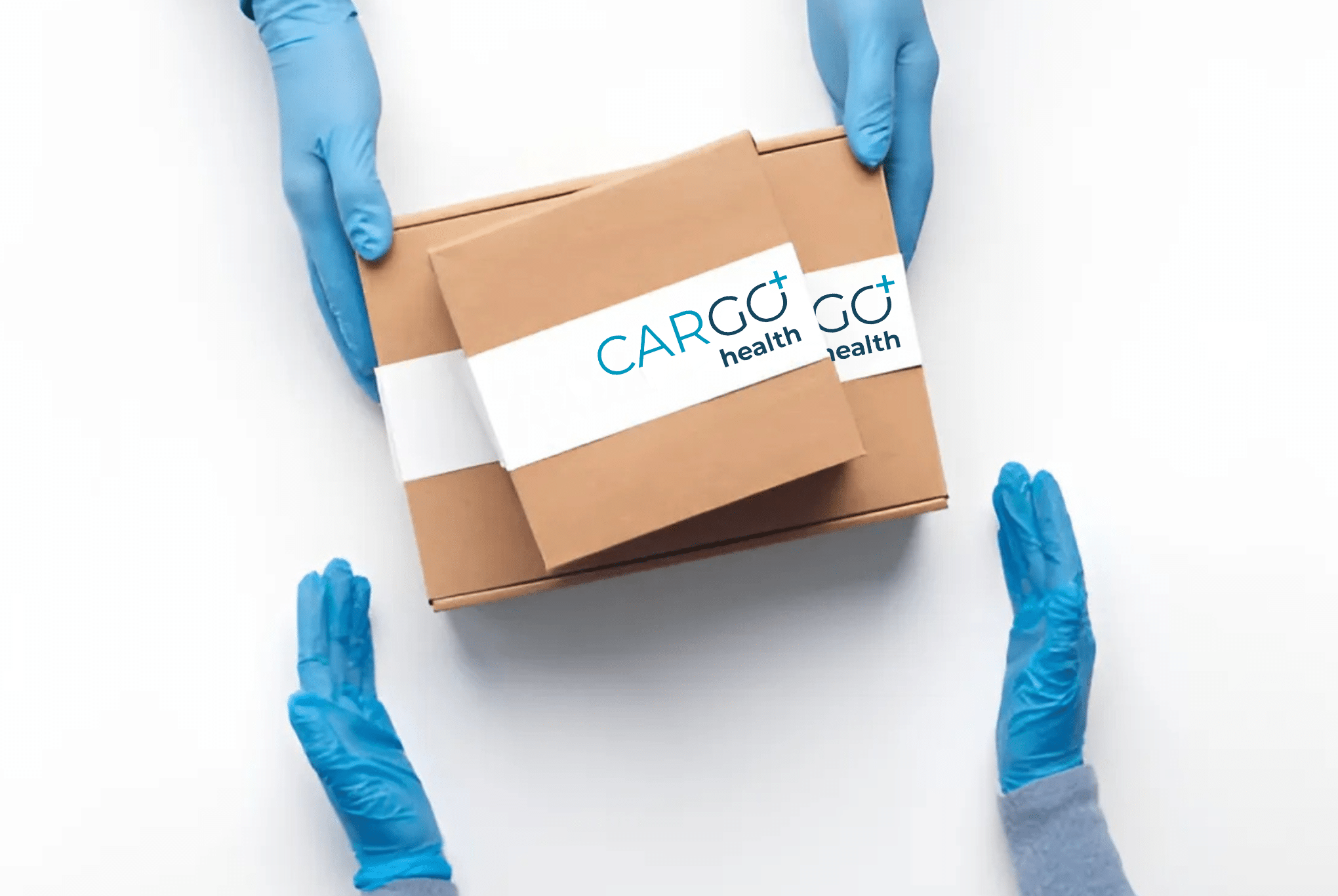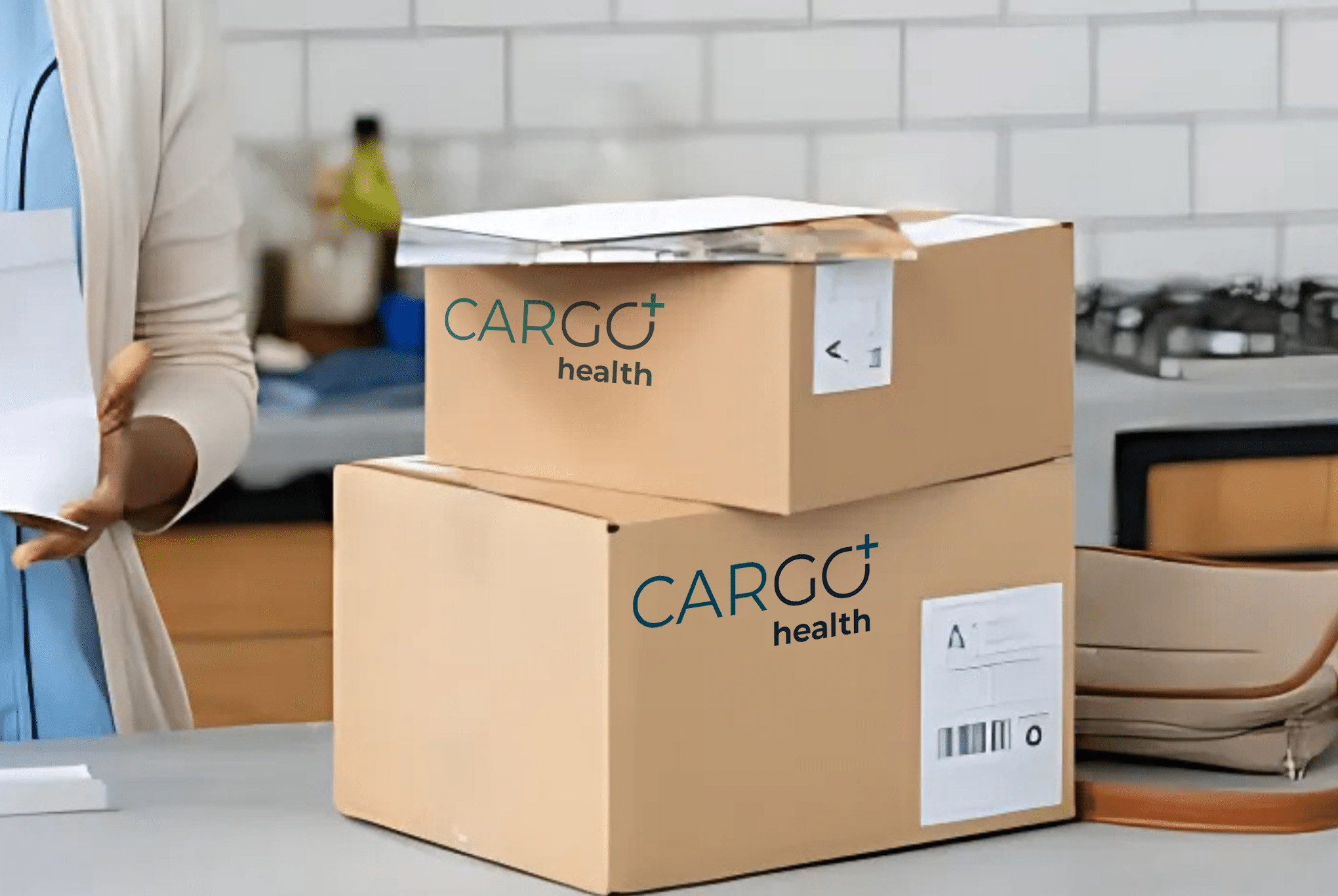The Role of Medical Courier Services in Modern Healthcare

In the fast-paced world of healthcare, timely and secure delivery of medical supplies and samples is non-negotiable. Medical courier services are the backbone of logistical operations, ensuring the seamless transportation of critical items such as laboratory specimens, pharmaceuticals, medical devices, and even donor organs. The integration of advanced technology and stringent protocols has made these services indispensable in safeguarding public health.

Precision in Logistics for Critical Medical Needs
Medical logistics demands a level of precision that exceeds typical courier services. The temperature sensitivity of pharmaceuticals and biological samples necessitates specialized equipment, such as temperature-controlled containers and GPS-monitored vehicles. Advanced tracking systems provide real-time updates to clients, reducing the risk of delays or mishandling.
Additionally, compliance with health regulations, such as HIPAA and OSHA standards, is vital. Service providers must ensure confidentiality and safety during transit, particularly when handling sensitive materials like patient records or infectious samples.
Technology Enhancements in Medical Courier Services
The integration of AI and machine learning has significantly enhanced the efficiency of medical courier services. Route optimization algorithms minimize transit times, ensuring that time-sensitive deliveries, such as blood samples, reach laboratories without compromising integrity. Blockchain technology is also making strides in this sector, offering secure and immutable record-keeping for chain-of-custody documentation.
These technological advancements not only increase reliability but also bolster transparency, allowing healthcare providers to monitor the status of their deliveries with unprecedented accuracy.
Why Healthcare Providers Rely on Specialized Couriers
The unique requirements of the medical industry make specialized courier services essential. General courier companies often lack the necessary expertise, equipment, and compliance measures to handle medical deliveries effectively. By contrast, dedicated medical couriers are equipped to manage emergencies, ensuring that critical items are delivered without delay.
For instance, rapid response teams are often deployed for the transport of donor organs, where every second counts. Similarly, the safe handling of hazardous materials, such as radioactive isotopes used in diagnostics, is a testament to the specialized training and equipment these services require.
Sustainability in Medical Logistics
As the healthcare sector embraces sustainability, medical courier services are also adopting eco-friendly practices. Electric vehicles and reusable packaging solutions are becoming standard, reducing the carbon footprint of logistics operations. This shift aligns with global sustainability goals, enhancing the reputation of healthcare providers and courier companies alike.
Choosing the Right Medical Courier Service
Selecting the right partner for medical logistics is crucial. Key factors to consider include:
- Experience: Look for providers with a proven track record in the healthcare industry.
- Certifications: Ensure compliance with industry regulations and standards.
- Technology: Evaluate tracking systems and temperature-control capabilities.
- Customer Support: Reliable communication channels are essential for addressing urgent needs.
Final Thoughts
Medical courier services play a pivotal role in ensuring the continuity of healthcare operations. Their expertise, coupled with cutting-edge technology and a commitment to safety, makes them an integral part of the medical ecosystem. As healthcare continues to evolve, the demand for reliable and specialized logistics solutions will only grow, reinforcing the importance of these essential services.








